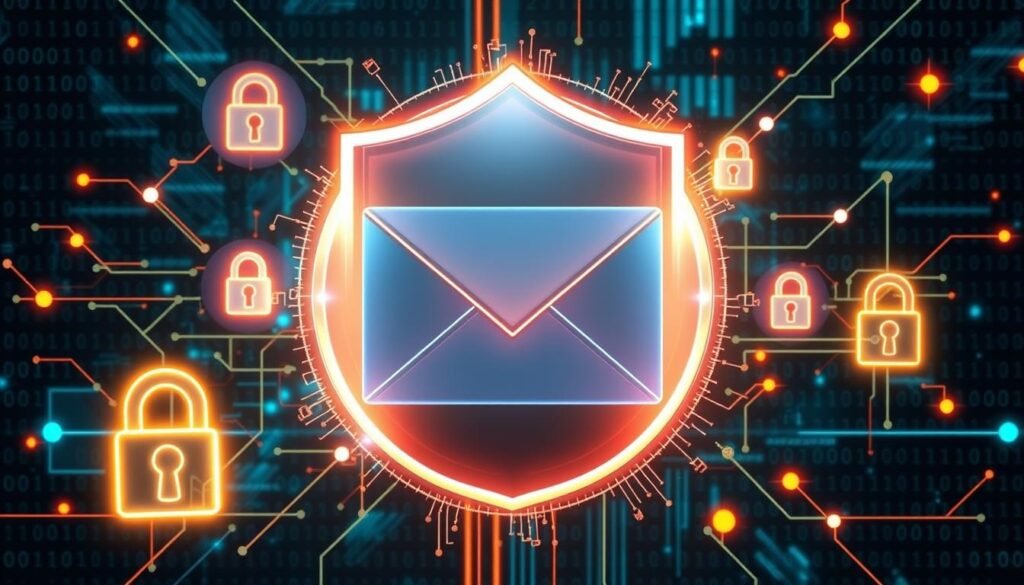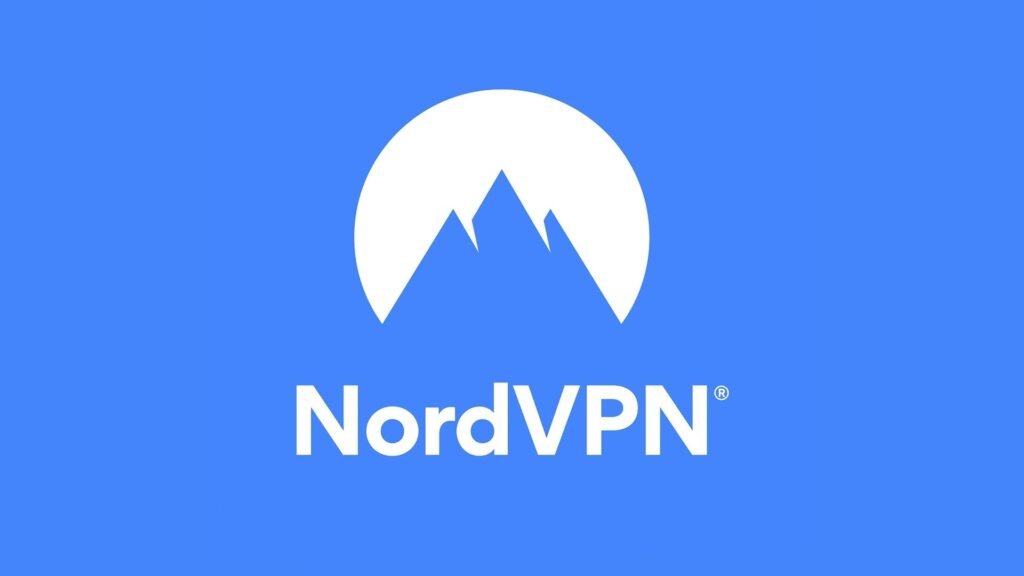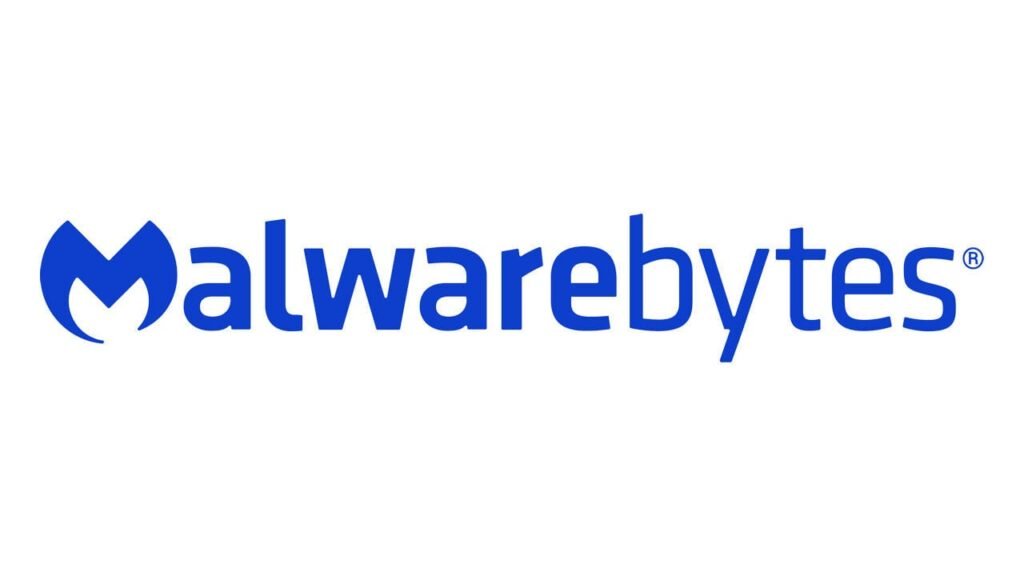Did you know over 60% of cyber-crimes use stolen personal info? This led to a huge loss of $10.2 billion to identity theft in 20221. Every year, up to 9 million people have their identities stolen. This shows how important digital privacy tools are today1.
When you're online, whether on social media, shopping, or emailing, keeping your identity safe is key. The right tools can protect your personal info from cyber threats. This way, you can enjoy a safe online experience.
This article will look at the best ways to protect your online identity. We'll cover top tools like Norton 360 With LifeLock and Bitdefender Ultimate Security. These tools offer great protection, so you have many options2. Let's discover how to keep your online presence safe!
Key Takeaways
- • Over 60% of cyber-crimes involve stolen personal information.
- • Norton 360 With LifeLock rated as 4.5 Outstanding for identity protection.
- • Bitdefender Ultimate Security includes a password manager and Dark Web monitoring.
- • $10.2 billion was lost to identity theft in 2022.
- • Choosing the right digital privacy tools can safeguard your online presence.
Understanding the Importance of Digital Privacy
Digital privacy is key; it controls how your personal data is used online. Keeping your personal info safe is crucial for Internet safety. Many people have found their personal info on the dark web, showing the need for digital privacy to avoid identity theft and unauthorized access3.
It's important to use strong passwords and two-factor authentication to fight off hackers3. Using a secure VPN can also hide your location and encrypt your data, keeping it safe from cybercriminals3. Regularly updating your software is also crucial, as it fixes security holes that hackers might use3.
Also, many people want control over their personal info; 73% of consumers want to opt-out of targeted ads anytime4. This shows a growing awareness of Internet safety and a need for better privacy online. Limiting third-party app connections can also reduce the risk of data breaches3.
By focusing on protecting your personal information, you can improve your digital safety and keep your data secure.
Types of Digital Identity Threats
It's important to know about digital identity threats to protect your online world. Identity theft is a big problem, where thieves get your personal info to commit fraud. This happens to 33% of American adults, which is more than double the global average5.
Every year, many people face cybersecurity risks like phishing scams and data breaches. These can cause big financial and reputation losses6.
Cybercriminals often use tricks to get your personal info. Phishing scams, especially fake emails, are common threats to your privacy7. For example, online shopping scams use stolen credit accounts to scam people5.
To fight these threats, knowing what to do is key. Use strong, unique passwords and multi-factor authentication to protect yourself6.
Child identity theft is also a growing concern, with thieves using kids' info to create fake profiles5. Businesses are now focusing more on protecting digital identities to keep customer trust and follow rules6.
To stay safe, you need to be proactive and keep your personal data safe.
Best Tools to Mask Your Digital Identity Online
Keeping your digital privacy safe is more important than ever. With 61% of Americans worried about protecting their personal info, it's key to know the best ways to hide your digital identity online8. Tools like VPNs, email encryption, and web anonymity services are crucial. They hide your IP address, protect your messages, and keep your personal info safe.
Overview of Privacy Tools
Privacy tools help you deal with the digital world's challenges. The dark web is a place where stolen data is sold, posing big privacy risks like identity theft and data breaches9. By using tools for online identity protection, you can avoid unwanted messages and keep your digital trail short. This makes it harder for scammers to get your info through social media and phishing89.
Why You Need Online Identity Protection
Without protection, you're open to many dangers. Scammers can easily use your info, especially with targeted ads that use online data9. Services like iCloud Private Relay can hide your online actions from websites and networks. This makes it tough for them to build detailed profiles of you8.
| Privacy Tools | Functionality | Benefits |
|---|---|---|
| VPN | Encrypts internet connection | Secures browsing on public networks |
| Email Encryption | Secures email communications | Prevents interception of sensitive information |
| Web Anonymity Tools | Masks IP address | Enhances online anonymity |
Virtual Private Networks (VPNs): Your First Line of Defense
In today's world, keeping your online activities safe is crucial. Virtual Private Networks (VPNs) are powerful tools that protect your online privacy. They create a secure connection between your device and the internet, keeping your browsing private.
VPNs hide your IP address and encrypt your online activity. This makes it hard for bad guys to track your internet use and get your personal info. Now, VPNs are not just for businesses but also for people who want better digital privacy10.
How VPNs Work
VPNs work by sending your internet traffic through secure servers that encrypt your data. This encryption keeps your sensitive info safe from hackers, who launch over 2,200 attacks every day11. Using a VPN keeps your internet use private, protecting it from your ISP and others.
Many good VPN services promise not to log your online activities. This is key for keeping your privacy online11.Learn more about how VPNs protect you.
Choosing the Right VPN Service
Finding the right VPN service can be tough with so many choices. Look for reputable providers with strong security features like 256-bit encryption and an automatic kill switch11. Top VPNs like NordVPN and ExpressVPN offer lots of servers and let you connect many devices at once.

Don't forget about price. Many VPNs are affordable, starting at just a few dollars a month. This means you can boost your security without spending a lot12 When picking a VPN, think about speed, server locations, and if it can get past geo-restrictions. Your VPN choice greatly affects your internet safety and what you can access online10.
Anonymous Browsing Services for Enhanced Privacy
In today's digital world, keeping your online activities private is crucial. Anonymous browsing services help you do just that. They let you surf the web without leaving tracks that could reveal your identity. With the internet growing fast, keeping your digital footprint small is more important than ever13.
Using anonymous browsers can greatly improve your privacy. They collect less data from websites, helping you stay hidden online.
What Are Anonymous Browsers?
Anonymous browsers are tools that protect your online identity. They encrypt your data and send it through many nodes. This makes your online activities private, similar to how the Tor Browser works.
These browsers also block ads and trackers. This adds an extra layer of protection for your online activities.
Popular Anonymous Browsing Tools
There are many tools available for anonymous browsing:
- • Tor Browser: Great for those who want maximum anonymity, Tor uses strong encryption.
- • Brave: With millions of users, Brave blocks ads and trackers automatically, making browsing safer14.
- • Opera: It comes with a built-in VPN and ad blocker, perfect for those who value privacy.
- • Mullvad Browser: From a respected Swedish VPN provider, Mullvad focuses on protecting user data, even facing scrutiny by the Swedish Police in 202314.
- • DuckDuckGo: This search engine works with anonymous browsers to ensure private searches, handling millions of queries daily14.
Adding these tools to your browsing routine can boost your privacy. They help protect you from digital identity theft1314.
Email Encryption for Secure Communication
Email encryption is key for keeping your digital life safe. It protects your emails from unwanted eyes, especially when you're sharing personal or financial info. This way, your messages stay private.
Types of Email Encryption Services
There are many email encryption services out there. Each one meets different needs and preferences. Here are some well-known ones:
- • Proton Mail: Offers end-to-end encryption for secure chats and lets you send password-protected messages to non-Proton users15.
- • PreVeil: Gives you 5GB of encrypted file storage, with the option to grow to 5TB for $25 a month15.
- • Tutanota: Uses RSA encryption for safe message delivery16.
- • Virtru for Gmail: Adds features like message expiration and attachment protection to Gmail15.
- • StartMail: Lets you create temporary email addresses for safe talks with unknown people15.
Why Using Email Encryption Matters
Email encryption is now a must for safe communication. It keeps your emails and attachments safe from hackers. It also stops data breaches that could reveal your past messages17.

Many email services like Gmail and Outlook support encryption. They use S/MIME and PGP. This means your emails are extra secure with a pair of keys, public and private16. Trusted services like Proton Mail and Virtru make sure encryption is always on, giving you peace of mind16.
Web Anonymity Tools to Consider
In today's world, protecting your digital privacy is more important than ever. Using web anonymity tools can greatly improve your online safety. These tools range from simple browser extensions to full data protection services.
Browser Extensions for Enhanced Privacy
Browser extensions can make a big difference in keeping your online activities private. Tools like Ghostery and Avast AntiTrack block tracking cookies and ads. This makes your browsing experience more private and keeps advertisers from tracking you.
Data Protection Services to Explore
Data protection services are key to keeping your personal info safe from data brokers. Services like Privacy Bee actively work to remove your data from online databases. This helps keep your online identity anonymous and protects you from identity theft and unauthorized data access.
| Tool | Functionality | Benefits |
|---|---|---|
| Ghostery | Blocks trackers and ads | Enhances browsing speed and privacy |
| Avast AntiTrack | Prevents tracking | Reduces digital footprint on the web |
| Privacy Bee | Data removal | Protects against identity theft |
Adding these web anonymity tools to your online routine can strengthen your defenses against cyber threats. Whether it's through better browsing privacy or full data protection, securing your digital identity is a smart move for your safety online181920.
Best Practices for Securing Your Digital Identity
Keeping your digital identity safe is key in today's online world. By using smart strategies, you can boost your password security and avoid phishing scams. Here are some top tips for protecting your online identity.
Creating Strong Passwords
Strong passwords are the foundation of online safety. Many people find it hard to create and remember good passwords. So, it's important to follow best practices. Try to make passwords with a mix of letters, numbers, and symbols, and keep them at least 15 characters long21.
Using password managers can help you keep different passwords for each account. This makes it harder for hackers to get in. Also, turning on multi-factor authentication adds an extra layer of security. It requires more than just a password to access your account22.
Understanding Phishing Scams and How to Avoid Them
Phishing scams are a big threat to your personal data. Hackers send fake emails to get your sensitive info. To stay safe, don't open emails from unknown senders or click on suspicious links23.
Be careful with your web browser settings to keep your info private. Only allow cookies when you really need to23. If you think you've been phished, act fast. Use resources to report identity theft and plan how to recover21.
How to Choose the Right Digital Privacy Tools
Choosing the right digital privacy tools can be tough with so many options. Look at what you need based on your online habits and privacy goals. This will help you pick the best tools for keeping your digital identity safe.
Evaluating Your Needs
It's important to know what privacy level you need. Ask yourself:
- • What type of data do you handle daily that needs protection?
- • Do you want tools for total anonymity or just basic tracking protection?
- • Do you often use public Wi-Fi, making you more vulnerable to hackers?
Answering these questions helps you know what features to look for. For example, end-to-end encryption, zero-logging, and decentralized messaging are key differences among services.
Comparing Features of Different Services
When comparing tools, look at both cost and features. For example, Surfshark VPN offers 82% off with two months free, and Incogni has a 50% discount24. Try free trials, like StartMail's 7-day trial, to see if they work for you24. Free options like Internxt offer 10 GB of storage forever, great for those with less data24.
Also, consider tools like password managers. Dashlane can help manage your 90+ accounts linked to one email25. Look at privacy policies to see how services handle your data. Many users now prefer services that let you opt out of data sharing, showing a big change in how we view these tools25.
Staying Safe While Online Shopping
Online shopping is getting more popular because it's easy and has lots of choices. But, you need to keep your digital info safe. Make sure the sites you use are secure by checking for “https.” This helps protect your personal info when you buy things26.
It's also smart to watch your bank and credit card statements closely. This way, you can spot any strange transactions right away. Then, you can act fast to fix the problem26.
Protecting Your Financial Information
Using credit cards online is safer than debit cards because you're not liable for most unauthorized charges26. Shopping from home or using a VPN lowers the risk of cyber attacks27. Also, using strong passwords with different characters helps keep your info safe27.
Putting a fraud alert on your credit file can also help stop unauthorized accounts26.
Using Private Shopping Tools
Tools like IronVest help keep your online shopping safe. They hide your email and create fake credit cards. This way, your real card info stays hidden from merchants26.
Knowing about scams during busy shopping times can also help you stay safe28. Using these tools and being aware of scams makes online shopping safer. This lets you shop with more confidence.
Conclusion
In today's world, keeping your online privacy safe is key. Tools like VPNs, email encryption, and web anonymity services help a lot. They make sure you're secure online.
Using a password manager is also smart. It makes you more likely to use strong, unique passwords. This is because 86% of users do so when they have such tools29. Plus, turning on two-factor authentication can lower the chance of someone getting into your account by up to 99.9%29.
Keeping your software up to date is also important. It protects you from malware and keeps your devices safe. This can cut down infection risks by about 70%29. Adjusting your social media privacy settings can also help. It can reduce data misuse by up to 60%29.
With more people working from home and doing online shopping, cyber threats are on the rise. It's crucial to take steps to protect yourself online30.
Using different privacy tools is essential. Services like NordVPN are known for their strong privacy features. They help you stay safe on the internet30. By following best practices and using these tools, you can keep your personal info safe and feel secure online31.




